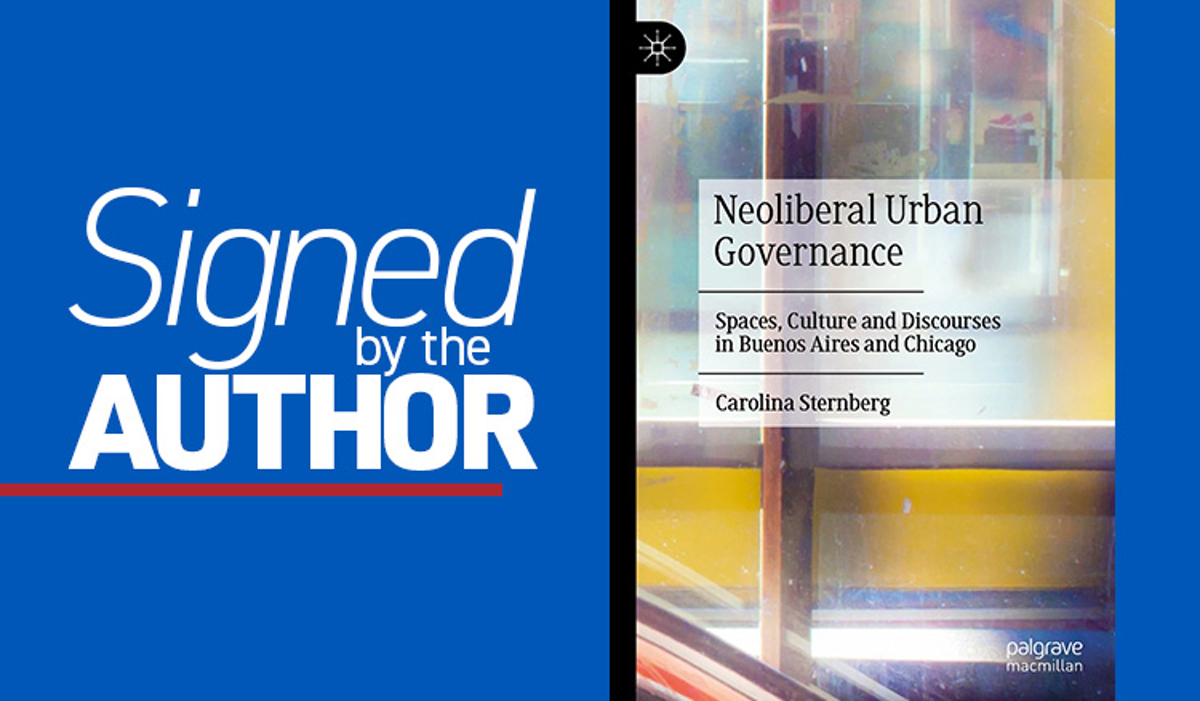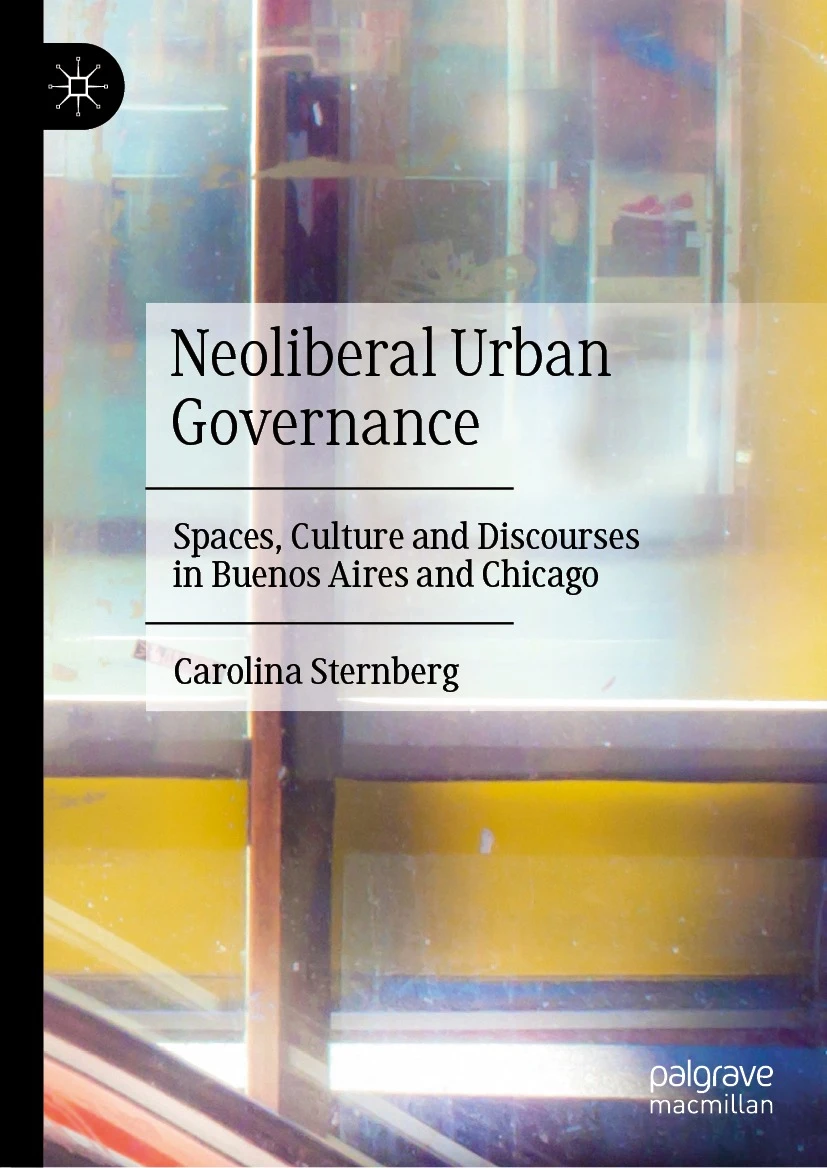 (DePaul University/Jeff Carrion)Neoliberal Urban Governance: Spaces, Culture and Discourses in Buenos Aires and Chicago
(DePaul University/Jeff Carrion)Neoliberal Urban Governance: Spaces, Culture and Discourses in Buenos Aires and Chicago
By: Carolina Sternberg, Latin American and Latino Studies
This book examines the dynamics of neoliberal urban governance through a comparative analysis of Buenos Aires and Chicago, with a special focus on gentrification processes in the cities from 2011 to 2021.
This work argues that neoliberal principles, rationales and institutions, along with the elaborate rhetoric that has contributed to their success, are forever present in the U.S. and Latin American region, particularly in global cities.
The year of 2011 marks the (almost) simultaneous election of new executive authorities in Chicago and Buenos Aires. The perspective of a decade is sufficient to observe key patterns, narratives and developments of each neoliberal urban governance.
Until now, these governances have been scantly explored from a comparative perspective in Latin American and North American urban settings. This book, therefore, offers a rich new approach.
Who or what inspired you to write this book?
 My perspective has been shaped by growing up in Buenos Aires and receiving my bachelor's degree in geography and my master's degree in public policy.
My perspective has been shaped by growing up in Buenos Aires and receiving my bachelor's degree in geography and my master's degree in public policy.
In 2006, I arrived at the University of Illinois Urbana-Champaign to pursue a PhD in urban geography, hoping to expand the focus and geographical context of my research. Aware of my roots and training in the global South, my academic advisor, David Wilson, encouraged me to embark on a comparative study of neoliberal governance in Buenos Aires and Chicago. The project drew me not just because it allowed me to make sense of these two different parts of the world, but because it offered a way to bridge gaps between the academic traditions in urban studies between the global North and the global South.
This book is part of that journey, one that began after I was transplanted in the Midwest, one that flourished while I was in graduate school, and one that to this day has me dissecting differences and similarities between neoliberal urban governance in Buenos Aires and Chicago.
What's the most surprising thing you learned while writing this book?
What continues to surprise me, after many years working on this topic in both cities, is how reporters, urban scholars and government officials have accepted the grand simplification of both Buenos Aires and Chicago as marked by stark social and economic contrasts between the cities' north and the south sides. Both cities have been described as "two cities in one."
Buenos Aires's south side is widely considered one of the most neglected areas in the city, marked by decades of disinvestment, while the north side is regarded as privileged and well-served. Chicago's southwest side still endures an image of being disinvested, poor and crime-ridden, while the north side represents prosperity, vibrancy and safety.
My book contributes to deconstruct these grand simplifications and presents a different story, one of a nuanced vision of neoliberal urban governance that continues evolving and is humanly constituted.
Persuade someone to read your book in less than 50 words
It examines issues around public housing, privatization of public land, the real estate industry and gentrification. It chronicles the evolving neoliberal policies regarding real estate implemented since 2011 in Chicago and Buenos Aires. It illustrates how contemporary neoliberal urban governances currently operate.
About the author:
Carolina Sternberg is associate professor and chair of the Department of Latin American and Latino Studies and affiliated faculty in the Master's in Critical Ethnic Studies at DePaul University. She obtained her PhD in Geography from the University of Illinois at Urbana-Champaign and received her MA in Geography from the Universidad de Buenos Aires in Argentina. Her main areas of research and teaching combine urban studies, Latin American studies and comparative urbanism in the U.S. and Latin American urban settings. Her most recent publications examine the fluid and evolving nature of neoliberal urban governance in Chicago and Buenos Aires, practicing feminist care ethics in Buenos Aires, and race and gentrification in Latinx and African American communities in Chicago.
Publisher and publication date:
Palgrave/MacMillan, February 4, 2023
Signed by the Author allows DePaul faculty and staff to introduce their recently published or upcoming book or chapter to the university community. To submit your book or chapter for consideration, contact Newsline. See more books published by faculty and staff in theSigned by the Author column.